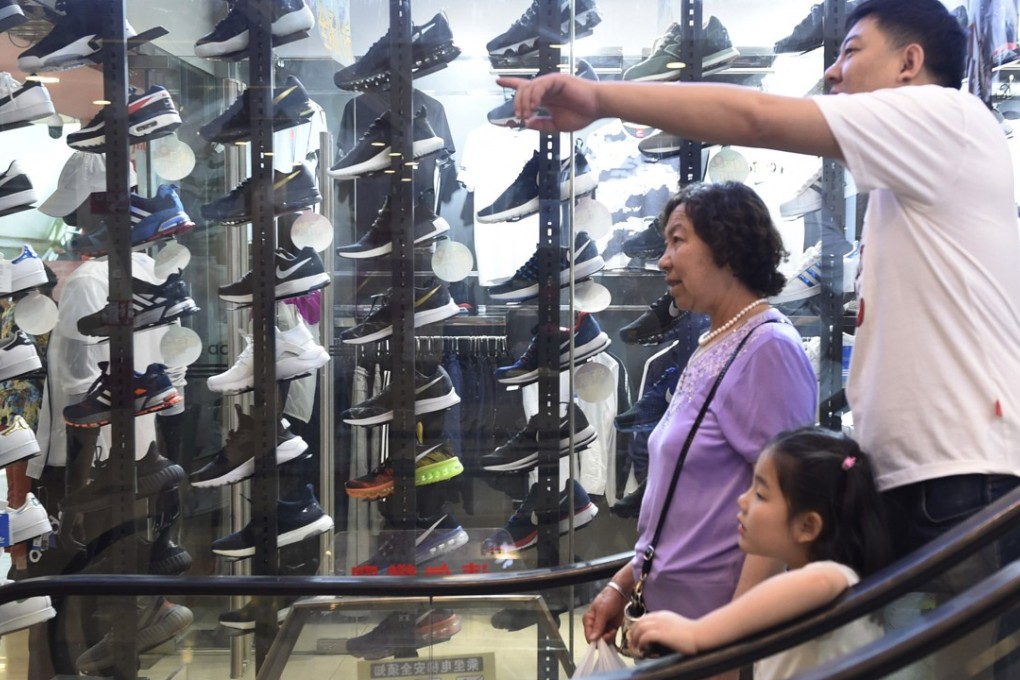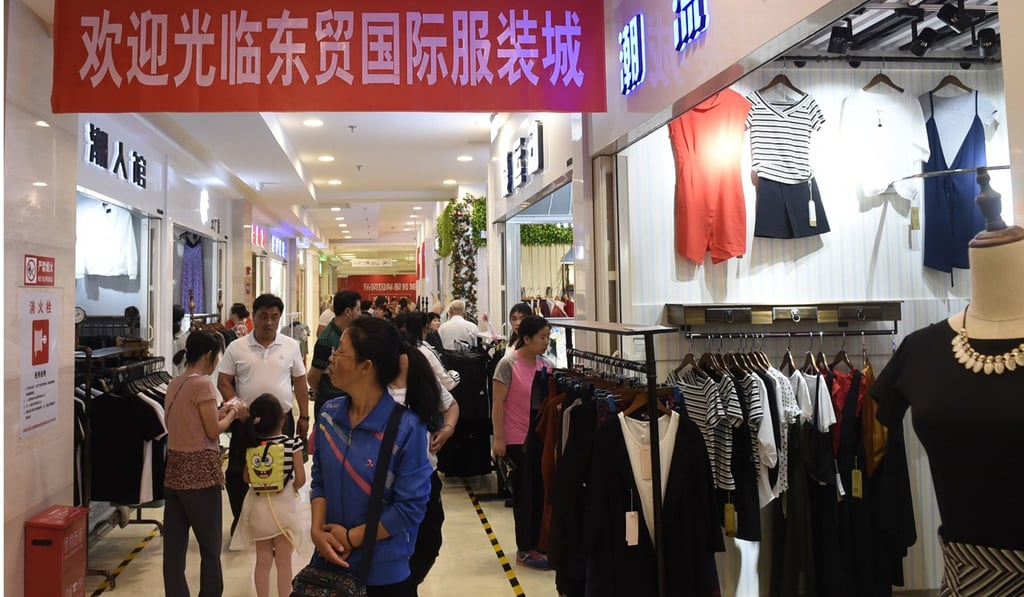Mainland investors say goodbye to double-digit returns as Beijing tightens regulations on online lending platforms
Investment returns on online lending platform are set to slump as Beijing tightens regulatory framework on the burgeoning sector

One popular investment theme in China has begun to lose its appeal, as Chinese authorities continue with their push to tighten credit and restrict lending through the shadow banking sector.
Investors accustomed to double-digit returns by fronting capital to needy borrowers over online lending platforms, are likely to face more challenging times ahead, with analysts saying the yields on these investments are slated to fall into the single digits in the near future.
Returns that were as high as 10.96 per cent on average a year ago, have dropped about 1.75 percentage points to 9.21 per cent in May, according to wdzj.com, a website tracking the sector.
The drop in investment returns is likely to dampen the attraction to investors, though data shows the sector still managed to attract new sponsors in May. Data shows that the number of active investors inched up 2 per cent in May from a month earlier.
Among reasons for the falling returns, online platforms face higher compliance costs and expenses in attracting clients, according to Liu Yafeng, an analyst at Rong360, a financial data provider.
“Thinner prospective returns are an inevitable result,” Liu said.
